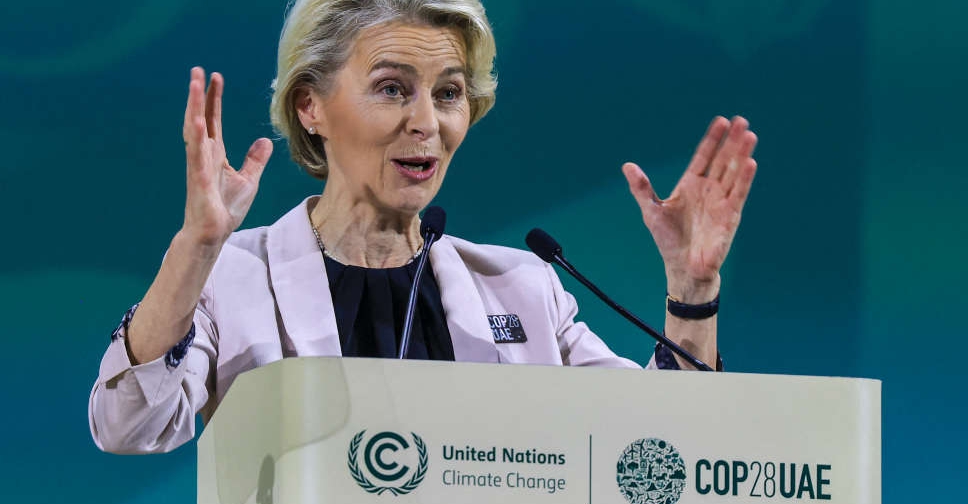
The COP28 Presidency joined with the World Health Organisation to announce a new 'COP28 UAE Declaration on Climate and Health' to accelerate actions to protect people’s health from growing climate impacts.
Signed by 123 countries, the Declaration is announced one day ahead of the first ever Health Day at a COP and marks a world first in acknowledging the need for governments to protect communities and prepare healthcare systems to cope with climate-related health impacts such as extreme heat, air pollution and infectious diseases.
The Declaration was developed with the support of a number of ‘country champions’ including Brazil, Malawi, the UK, the US, the Netherlands, Kenya, Fiji, India, Egypt, Sierra Leone, and Germany.
This joint action comes as annual deaths from polluted air hit almost 9 million and as 189 million people are exposed to extreme weather-related events each year. “The impacts of climate change are already at our door. They have become one of the greatest threats to human health in the 21st century.
"Governments have now rightly recognised health as a crucial element of climate action," said COP28 President Dr Sultan Al Jaber. "The Declaration sends a strong signal that we must reduce global emissions and work together to strengthen our health systems.
"The climate crisis is a health crisis, but for too long, health has been a footnote in climate discussions,” said Dr Tedros Adhanom Ghebreyesus, Director-General of WHO.
"WHO thanks the UAE for making health a key priority in its COP28 Presidency, and welcomes this declaration, which emphasizes the need to build climate-resilient and lowcarbon health systems, to protect the health of both planet and people."
The Declaration covers a range of action areas at the nexus of climate and health, including building more climate-resilient health systems, strengthening cross-sectoral collaboration to reduce emissions and maximize the health benefits of climate action, and increasing finance for climate and health solutions.
Signatories have also committed to incorporate health targets in their national climate plans and improve international collaboration to address the health risks of climate change, including at future COPs.




 UAE braces for unsettled weather over coming week
UAE braces for unsettled weather over coming week
 Dubai Police arrest man after birthday road fire stunt
Dubai Police arrest man after birthday road fire stunt
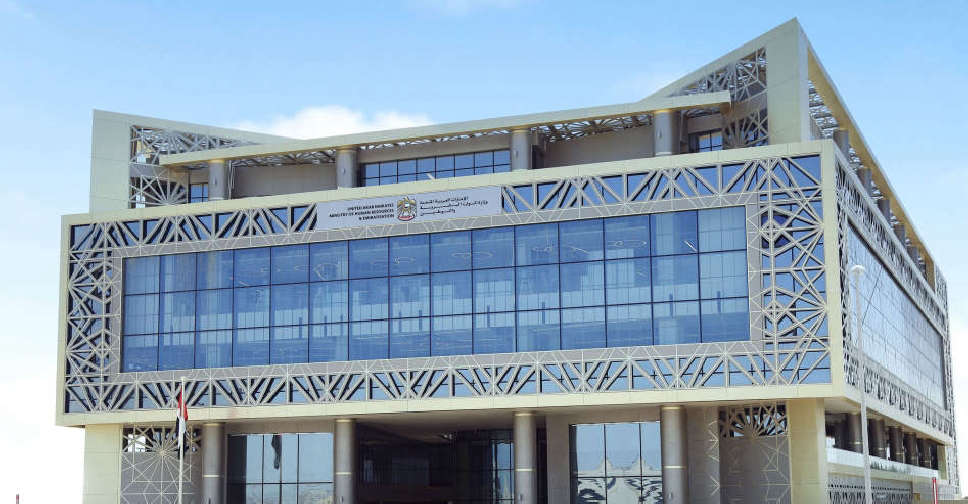 UAE announces New Year holiday for private sector
UAE announces New Year holiday for private sector
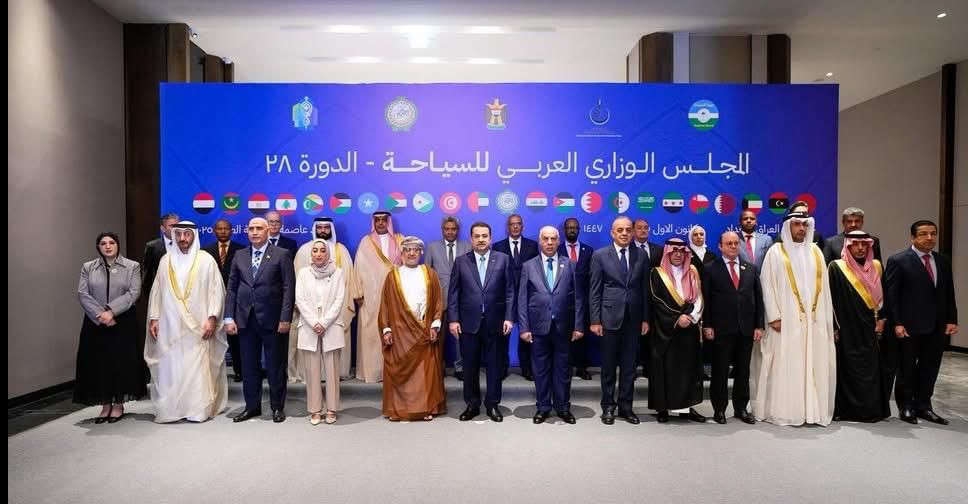 Al Ain named ‘Capital of Arab Tourism 2026’
Al Ain named ‘Capital of Arab Tourism 2026’
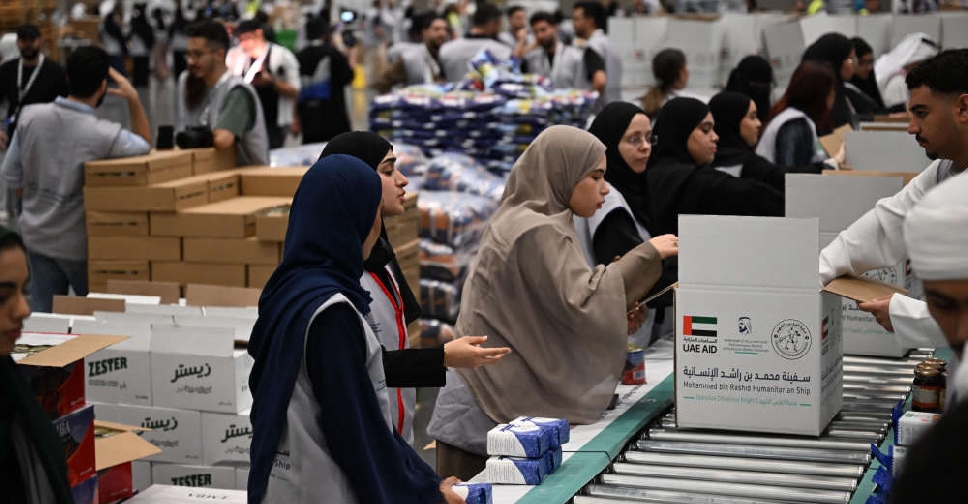 UAE begins loading humanitarian ship to support Gaza
UAE begins loading humanitarian ship to support Gaza
 Sheikh Abdullah, Jordan's Deputy PM & FM discuss Israeli escalation in West Bank
Sheikh Abdullah, Jordan's Deputy PM & FM discuss Israeli escalation in West Bank
 Robotaxis hit Dubai streets in pilot launch
Robotaxis hit Dubai streets in pilot launch
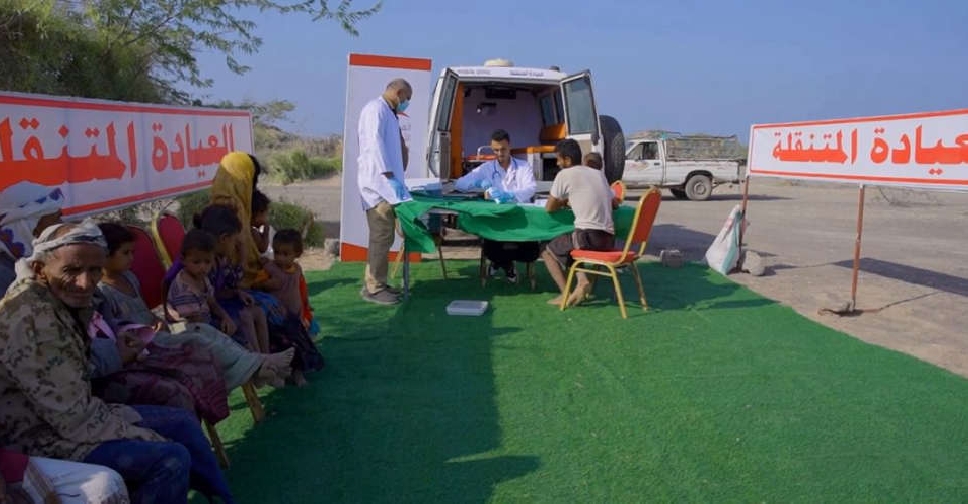 ERC opens mobile clinic in Yemen’s west coast
ERC opens mobile clinic in Yemen’s west coast



